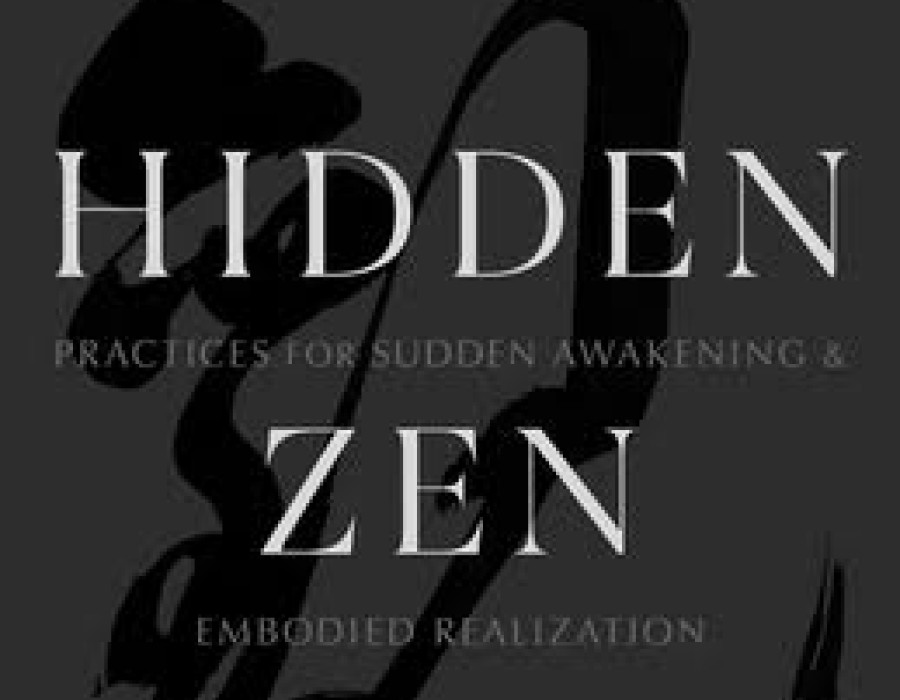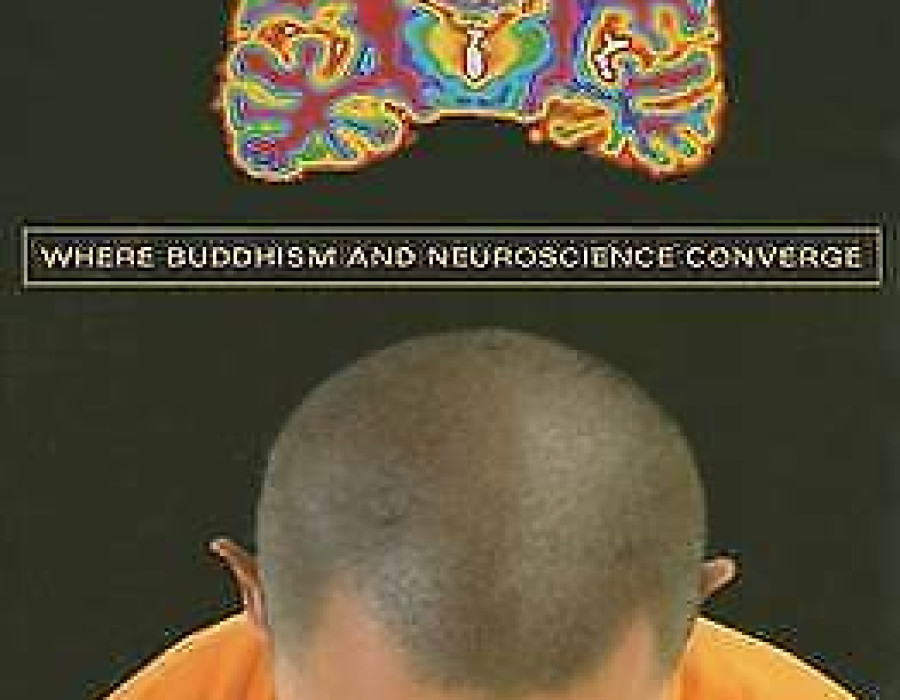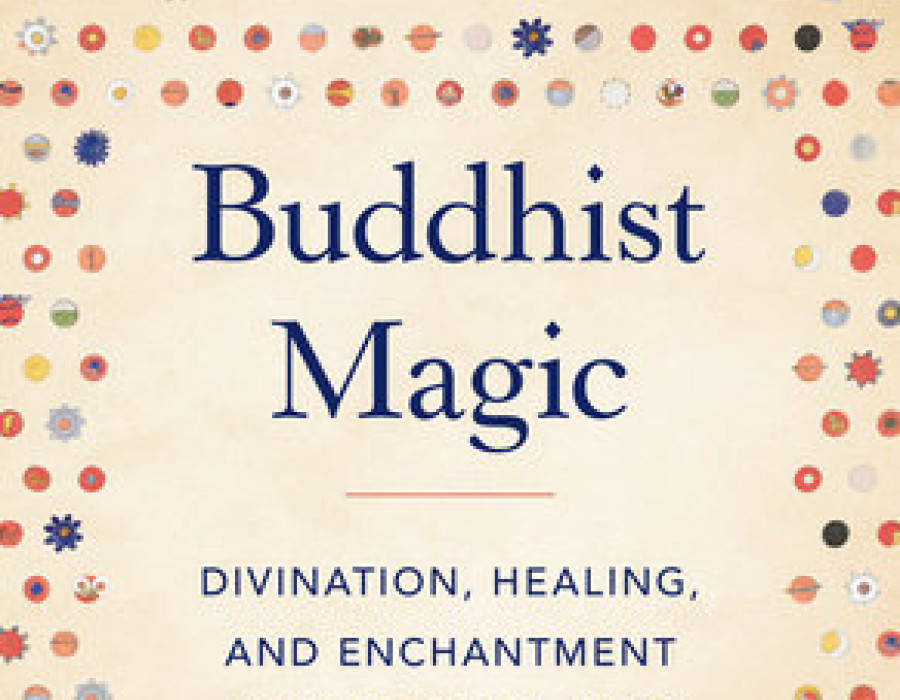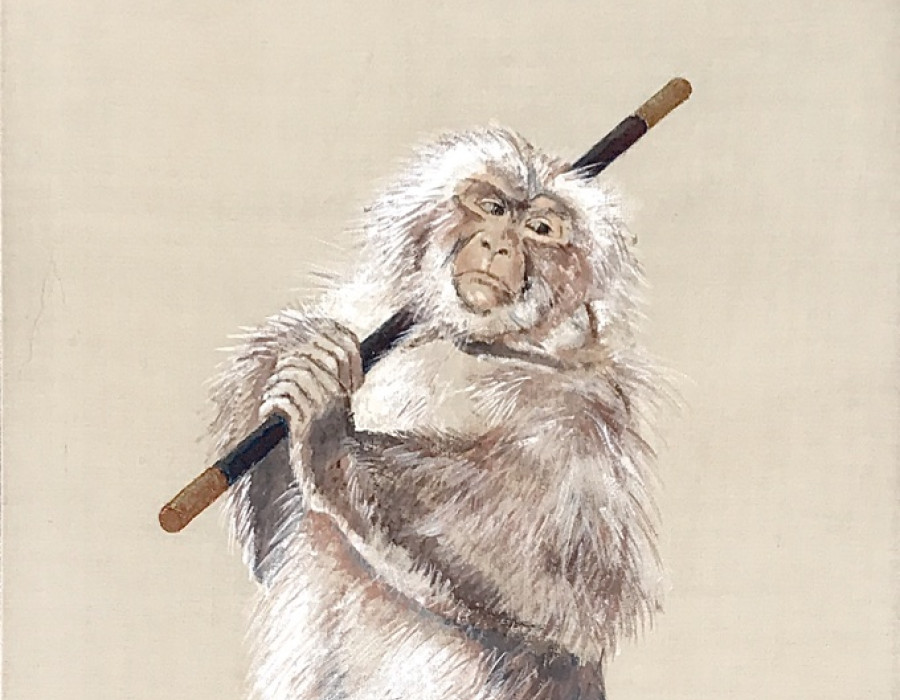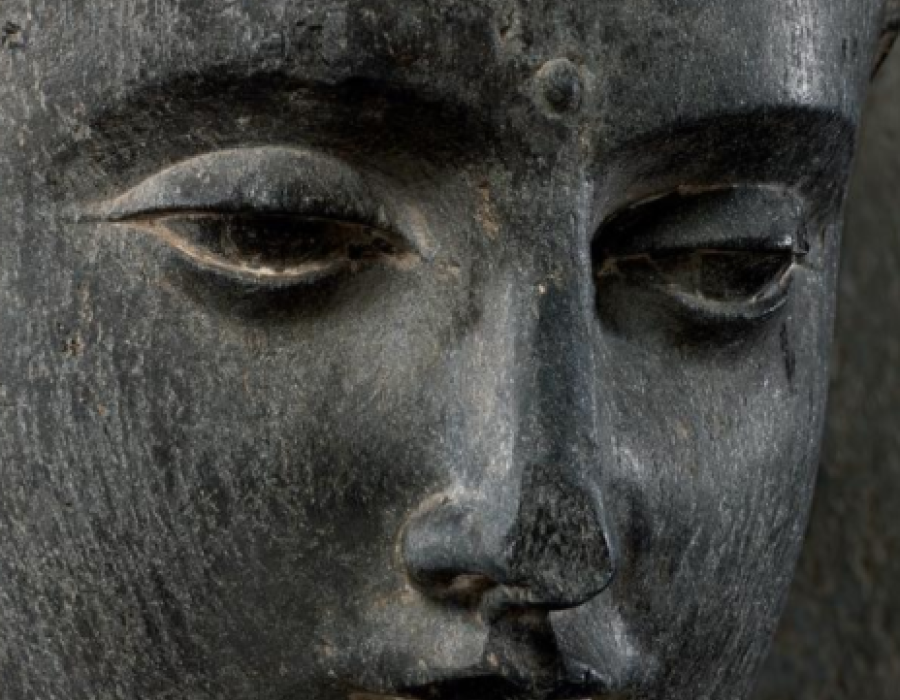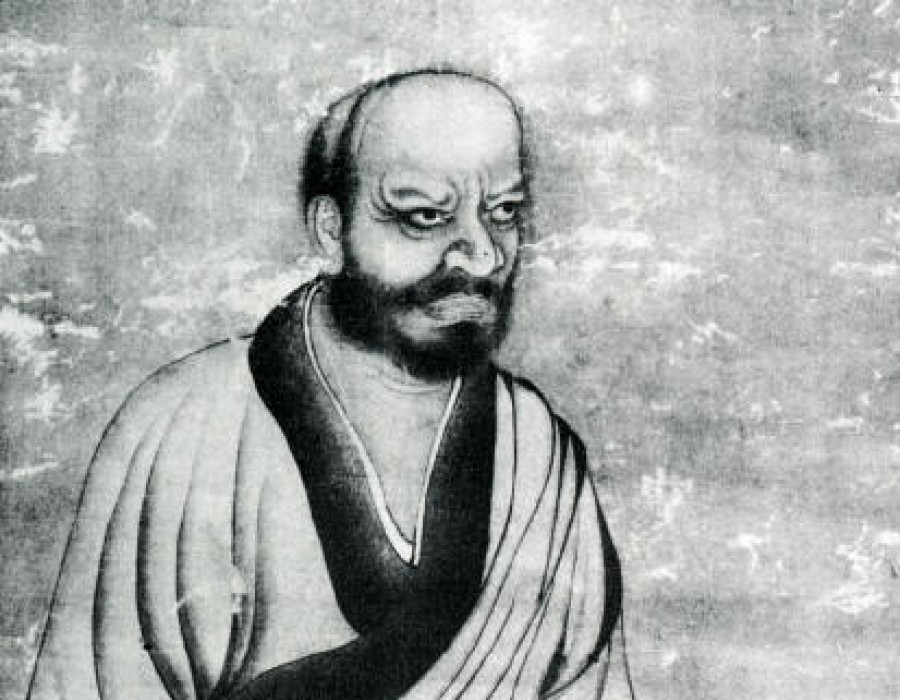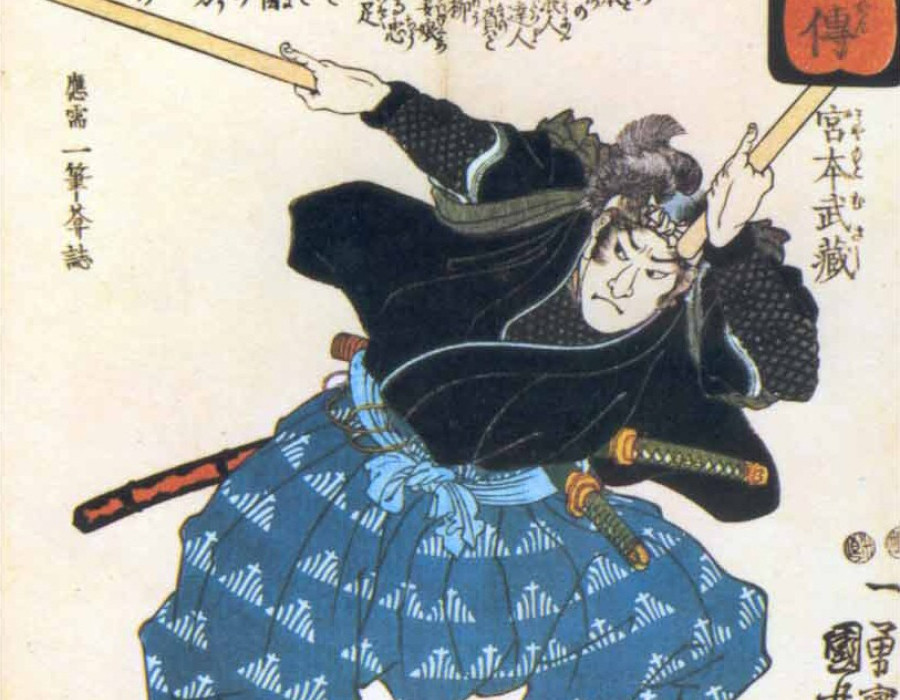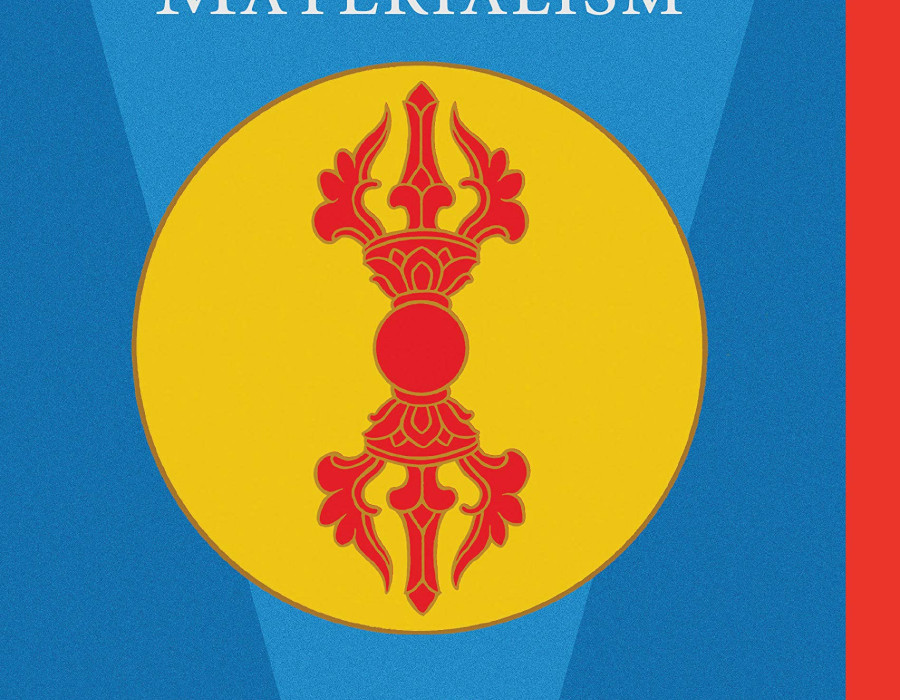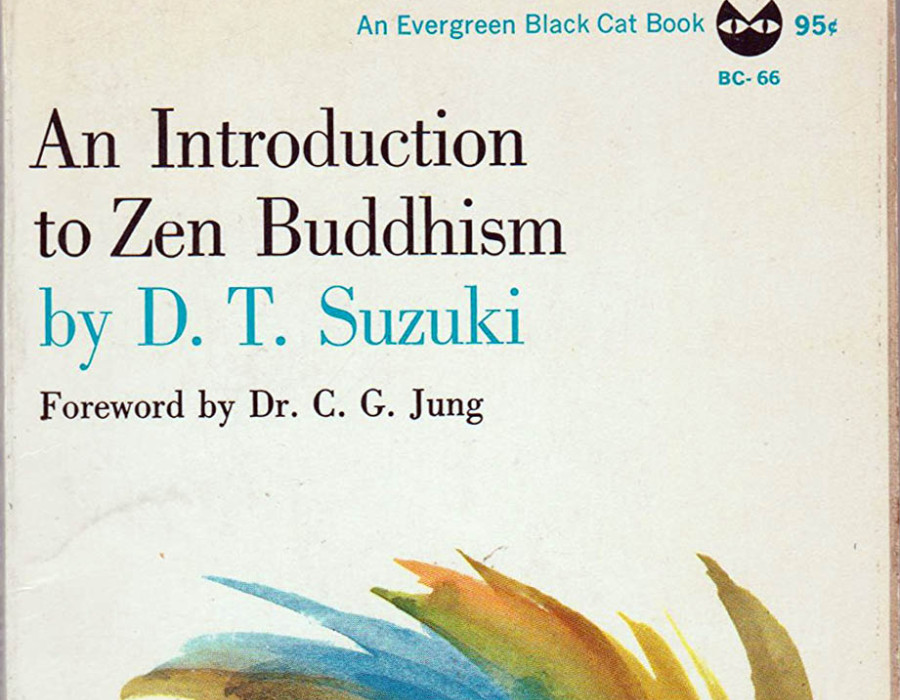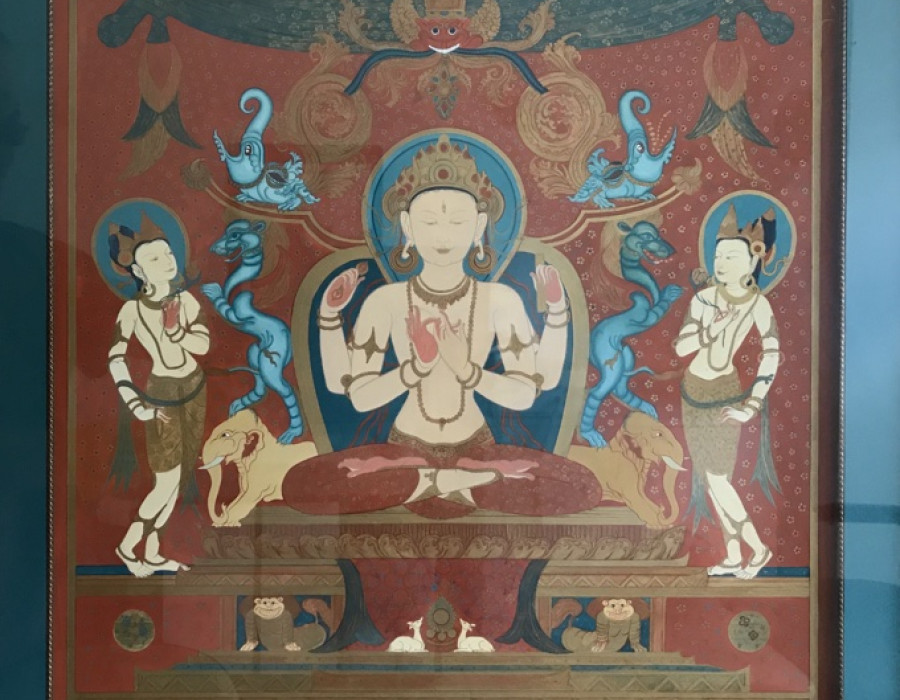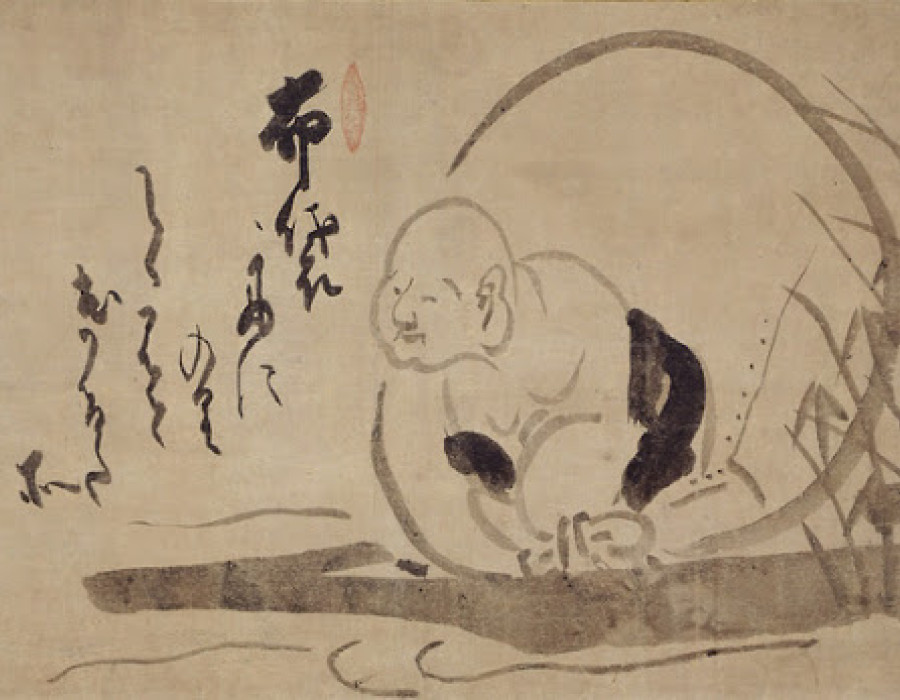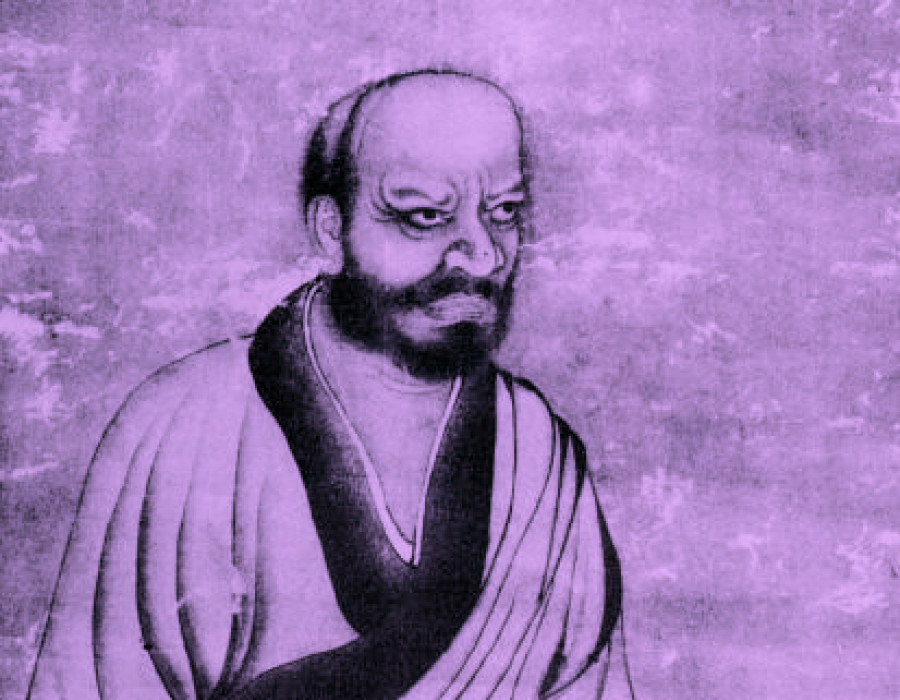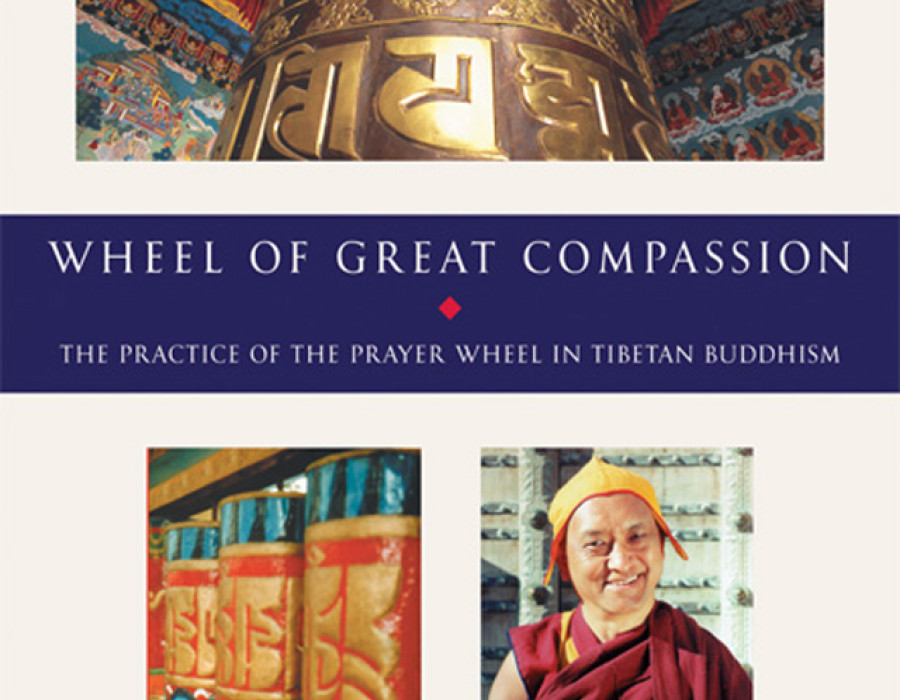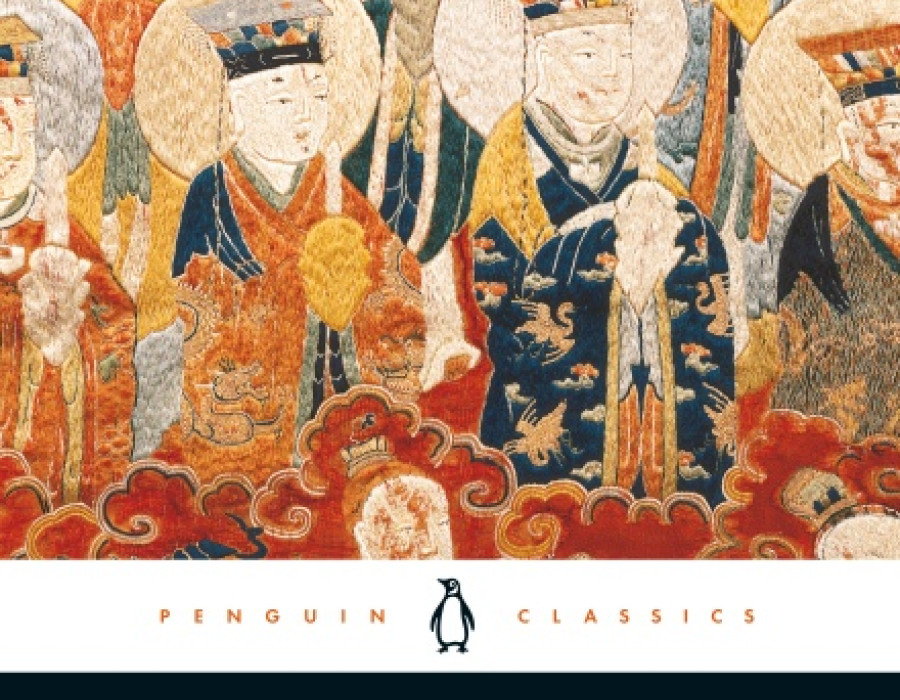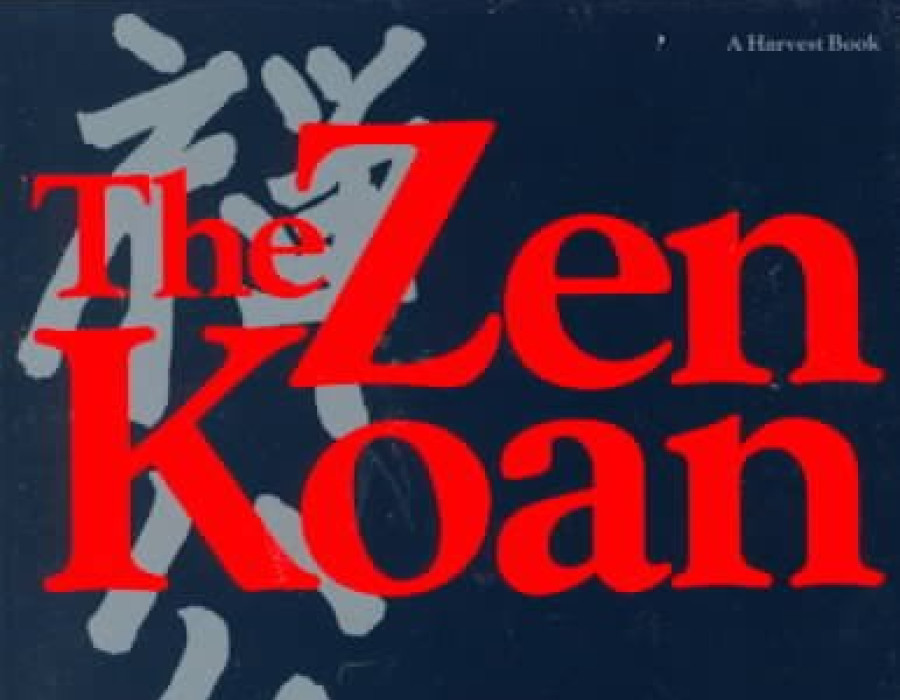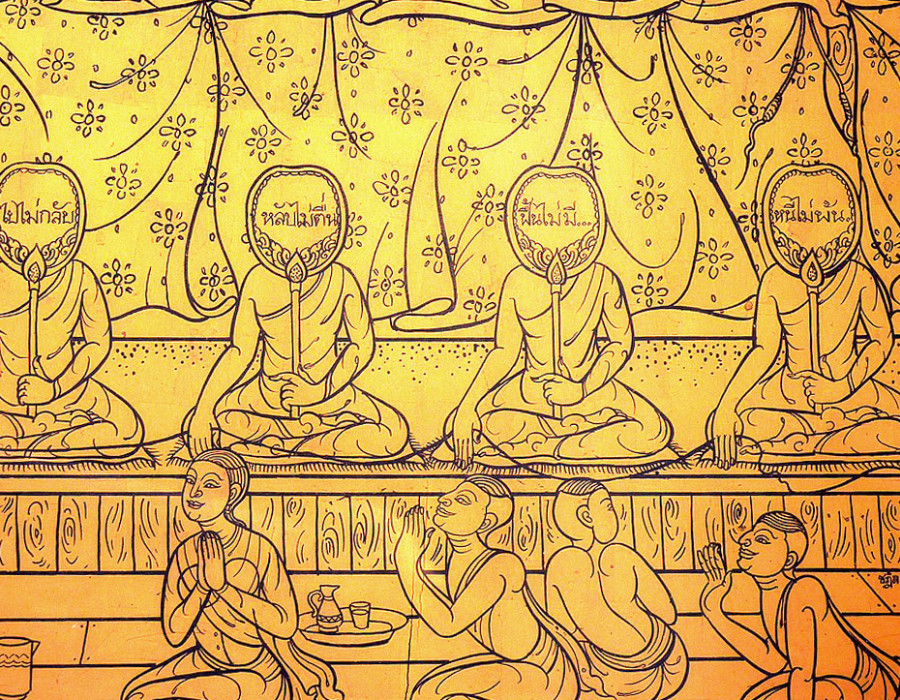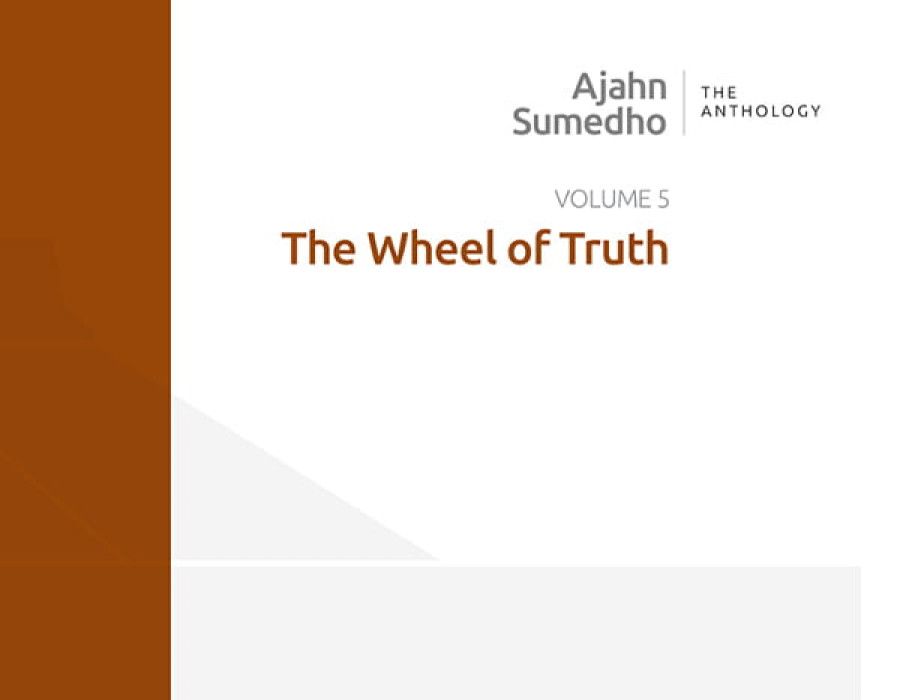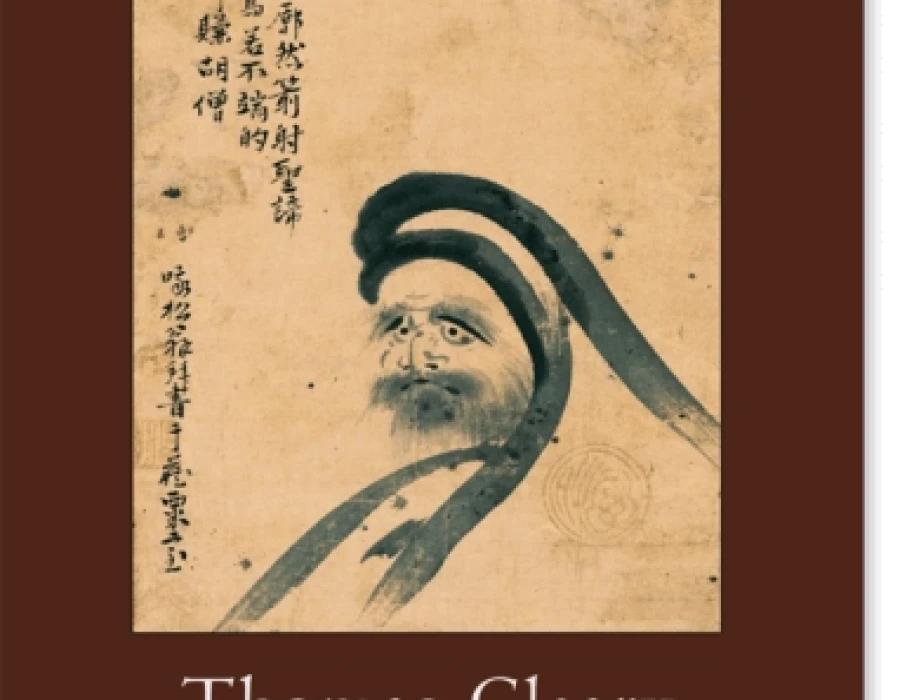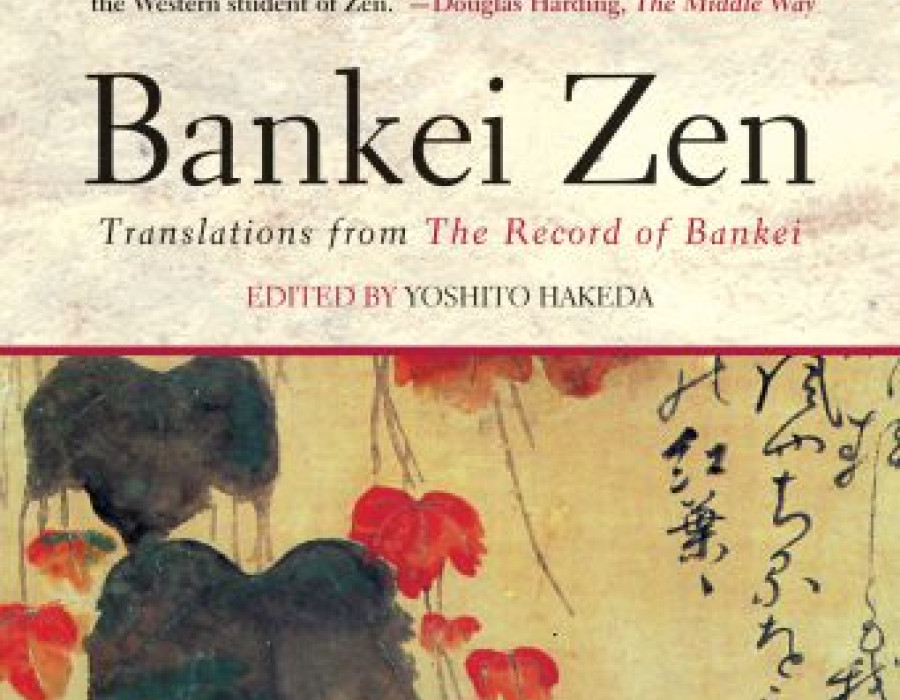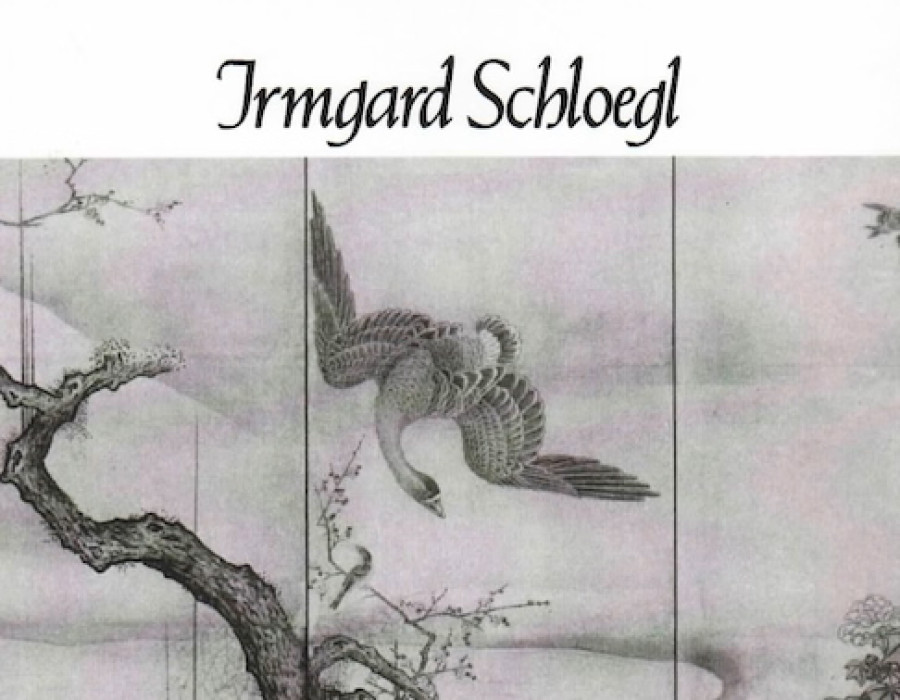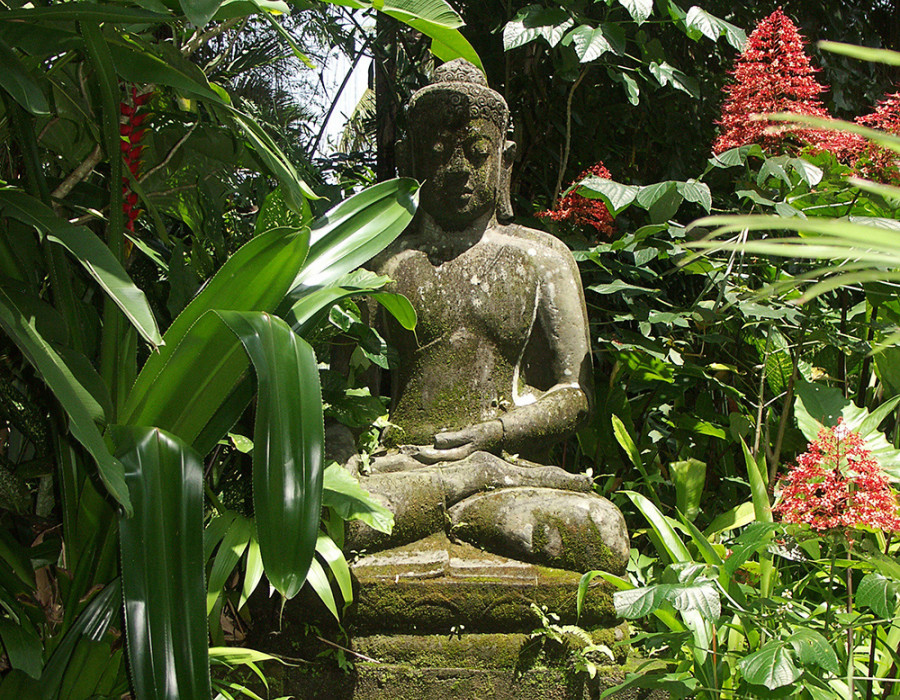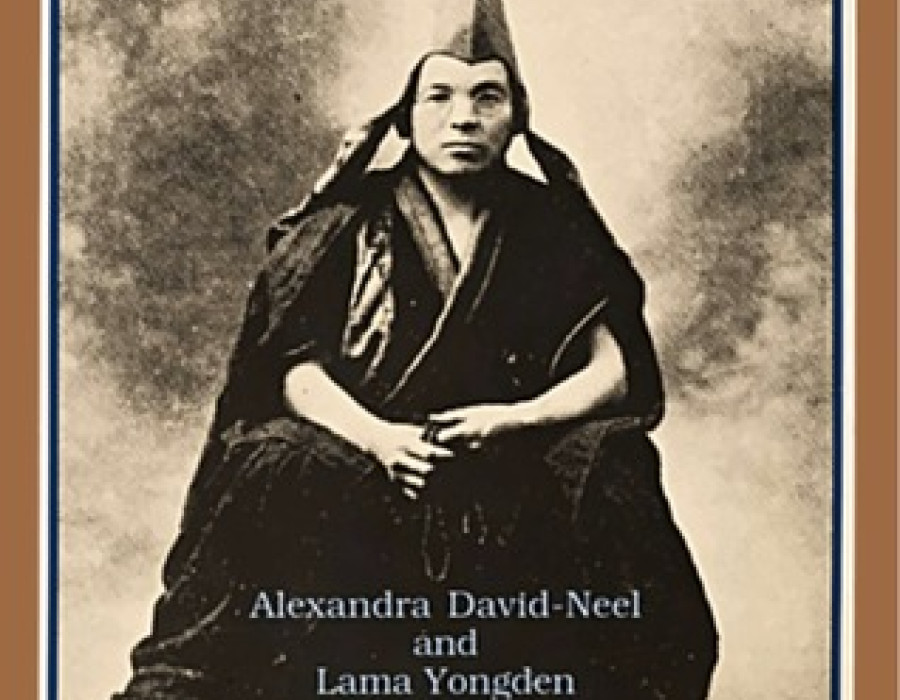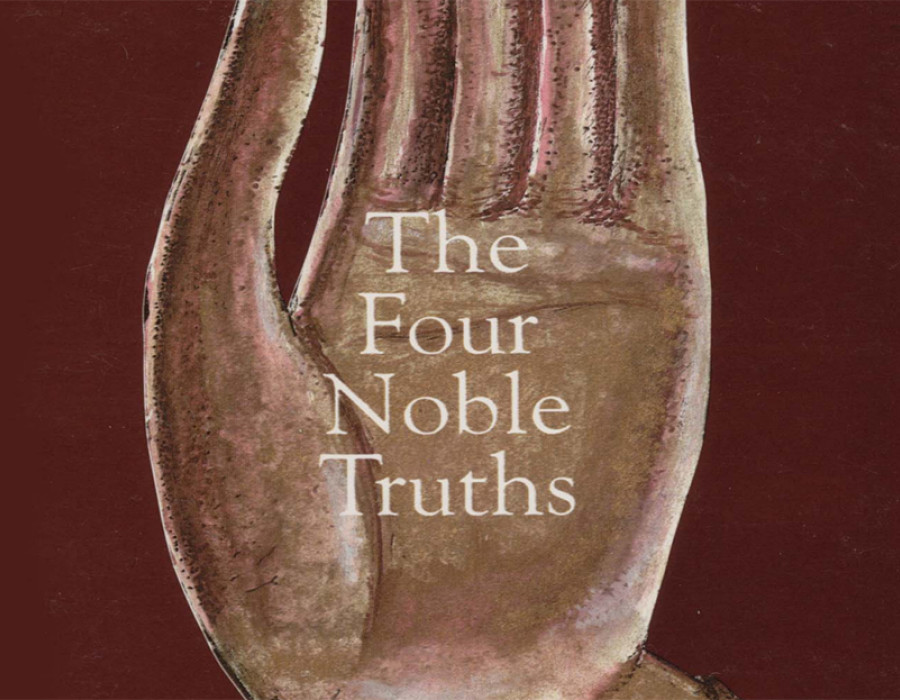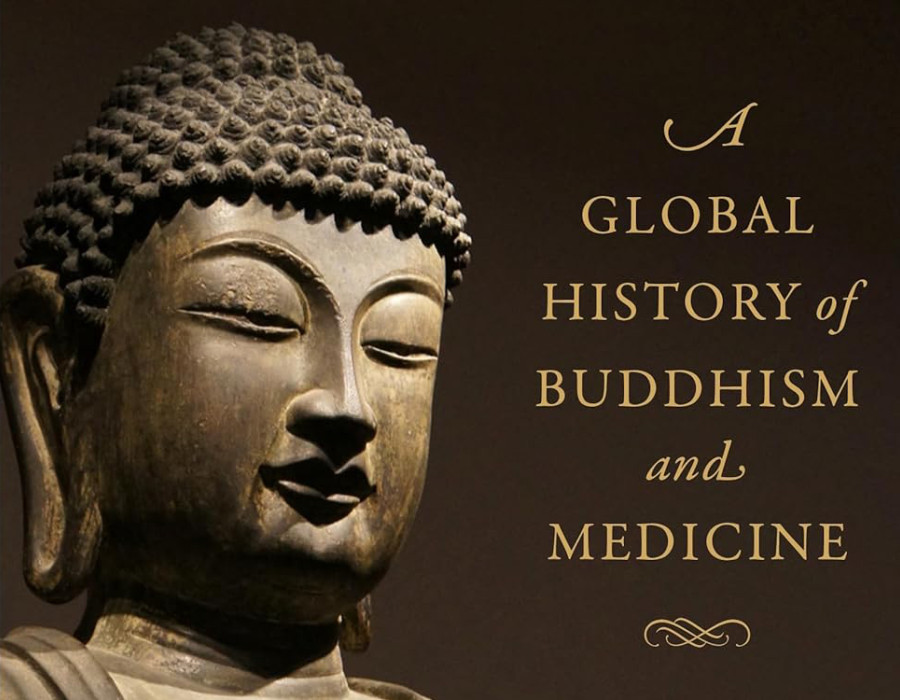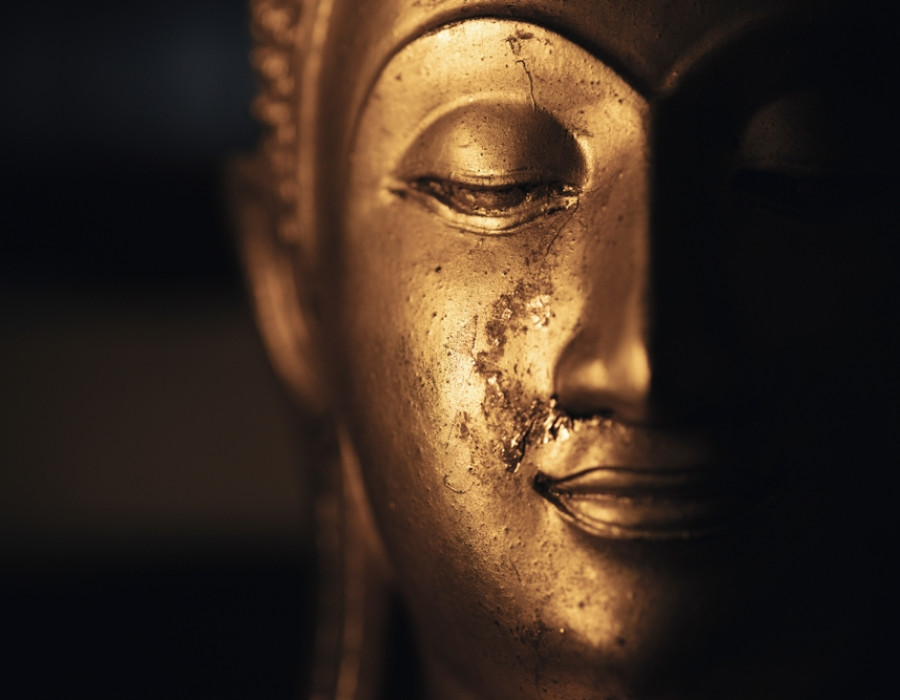Extract | The Five Houses of Zen by Thomas Cleary
Book Extracts
This Book Extract looks at the history of early Buddhism in China and it’s symbiotic development with Chinese spiritual traditions of the time.

Book Cover for The Five Houses of Zen
Shambala
When Buddhism took root in China after the end of the Han dynasty (206BCE - 219 CE), It triggered the release of enormous waves of creative energy from a people who had been spiritually imprisoned for centuries. For four hundred years the mainstream Chinese culture had been kept within the suffocating confines of narrow-minded Confucian orthodoxy, imposed by the ruling house of Han as part of its handle on political power.
Not the least of the effects of Buddhism on China was the development of Taoism. China’s native spiritual tradition, in highly elaborated religious and literary formats emulating the extraordinarily rich intellectual and aesthetic expressiveness of Buddhism. Yet even with the rapid expansion of Taoism, the more internationalized China of the post-Han centuries found Buddhist teachings immensely attractive, and the two religions grew side by side in the lively syncretic culture evolving in the new China.
While Buddhist literature and learning expanded the minds of the Chinese intelligentsia, Buddhist adepts took an active role in the resettlement and reconstruction of war-torn territories in the aftermath of the breakup of the old order. As relatively local and short-lived dynasties rose and fell over the following centuries, eventually Chinese warlords emulated their central Asian counterparts and began adopting Buddhism as a kind of state religion.
In contrast to Confucianism, Buddhism was an international religion, without ethnic or cultural bias. Like Druidism in pre-Roman Europe, in addition to being a repository of many kins of knowledge, Buddhism served as a medium for international cultural and diplomatic exchange throughout most of Asia, even - perhaps especially - in times when warfare ravaged the world at large.
There was, naturally, a drawback to the flourishing of Buddhist religion in China. As a Zen saying goes, “one gain, one loss.” Having become well established, well funded, and well thought of, Buddhism came to attract many idlers and many greedy and ambitious poseurs. Some sought material support, some sought intellectual diversion, some sought political power. The abundance of ritual, literature, and organizational methods that Buddhism offered was intoxicating to many Chinese aristocrats and warlords.
The Five Houses of Zen by Thomas Cleary, pub. Shambhala Dragon Editions 1997

